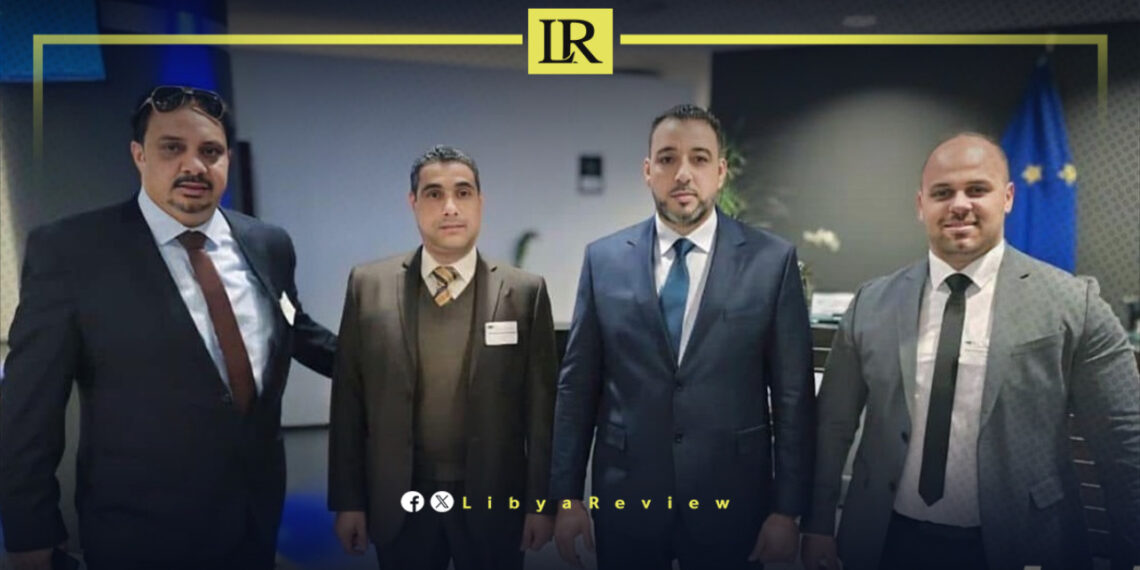In a recent meeting in Brussels, the Libyan Anti-Illegal Immigration Agency engaged with the European Union to enhance cooperation in curbing the flow of unauthorized migrants. This collaboration focuses on coordination with the Libyan General Command, the Libyan Government, and the Ministry of Interior.
Major General Salah Mahmoud Al-Khafifi, the head of the Libyan Anti-Illegal Immigration Agency, discussed with European counterparts the prospects of cooperation between Libya and the EU to mitigate the influx of migrants. The meeting highlighted ways to support the agency logistically and informatively, boosting its capabilities to address and reduce this issue.
General Al-Khafifi confirmed that the Libyan Arab Armed Forces, especially the Chief of Staff of the Land Forces, General Saddam Khalifa Haftar, provide substantial support to the agency in terms of resources, equipment, and the establishment of health-conscious detention centers, all aimed at reducing illegal migration.
Libya has been in chaos since a NATO-backed uprising toppled longtime leader Muammar Gaddafi in 2011. The county has for years been split between rival administrations.
Libya’s economy, heavily reliant on oil, has suffered due to the ongoing conflict. The instability has led to fluctuations in oil production and prices, impacting the global oil market and Libya’s economy.
The conflict has led to a significant humanitarian crisis in Libya, with thousands of people killed, and many more displaced. Migrants and refugees using Libya as a transit point to Europe have also faced dire conditions.
The planned elections for December 2021 were delayed due to disagreements over election laws and the eligibility of certain candidates. This delay has raised concerns about the feasibility of a peaceful political transition.
Despite the ceasefire, security remains a significant concern with sporadic fighting and the presence of mercenaries and foreign fighters. The unification of the military and the removal of foreign forces are crucial challenges.


